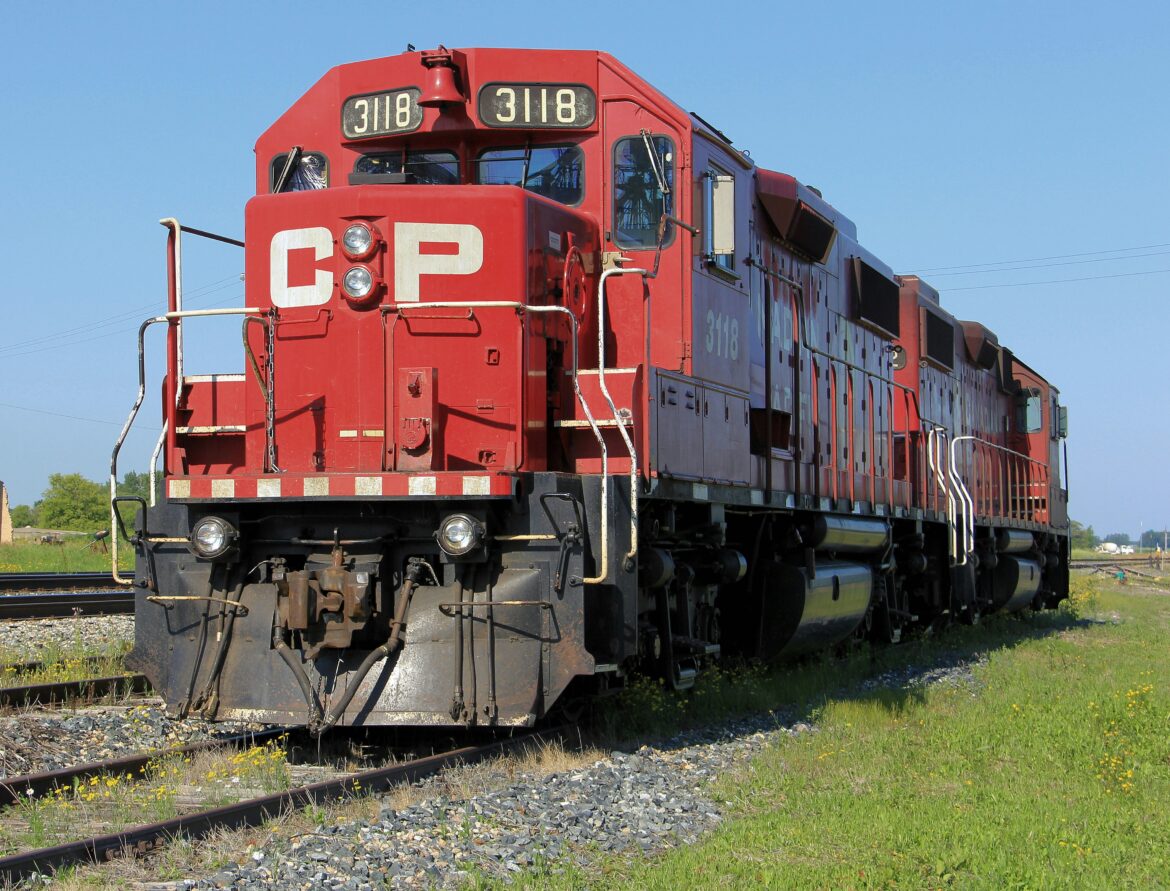Canadian Pacific Kansas City (CPKC) has been ordered to reinstate a worker who refused to take a drug test in the wake of a minor derailment.
Arbitrator Graham J. Clarke concluded that CPKC had no grounds to request the test, highlighting significant privacy and procedural concerns within workplace drug testing protocols.
Incident overview
The controversy began on Oct. 25, 2022, when the worker, under the instruction of his foreman, backed his 10-ton boom truck through a switch that was not properly aligned.
The switch incident led to an internal investigation and a subsequent request for the worker — B.M. — to undergo drug testing, which he refused.
This refusal prompted his removal from service and eventual dismissal on Dec. 5, 2022.
Details of the Incident
The worker and foreman were working together to move switches in CPKC’s Lambton yard. According to B.M.’s incident report, the foreman had assured him that the switch was lined correctly, an assertion he later confirmed during an investigation interview.
When the truck ran through the switch, causing a minor derailment, CPKC initiated an investigation led by Mike Weschka, Director of Track Methods.
Weschka’s examination noted, “When we arrived on scene, we found an S&C ten-ton truck E14018 on top of the Scale Track switch with the rear hi-rail wheels on the lead of the switch and the front hi-rail wheels on the diverging route of the switch.”
Drug test refusal and investigation
Following the incident, B.M. was asked by a manager to submit to a drug test. B.M. refused, arguing that he was merely following his foreman’s instructions and had no reason to believe he was at fault.
He maintained this stance during an investigation interview on Nov. 7, 2022, stating, “I feel like I’m being the one targeted that it’s my fault for following my boss’ instructions.”
His refusal to take the test led to his dismissal, citing violations of CPKC’s Alcohol and Drug Policy. However, the International Brotherhood of Electrical Workers (IBEW) contended that the switch incident did not justify drug testing, as B.M. had followed his foreman’s directives and bore no responsibility for the switch’s alignment.
Arbitrator’s findings
Arbitrator Clarke ruled that CPKC did not have sufficient grounds to demand a drug test from B.M. Clarke referenced the Supreme Court of Canada’s decision in Irving Pulp & Paper Ltd., which emphasizes the need for a proportionality approach when balancing safety rules against employees’ privacy rights.
Clarke noted, “The evidence confirmed that the hi-rail truck went through the switch. But that is not sufficient, by itself, to proceed with drug tests.”
Clarke further highlighted that CPKC’s investigation did not meet the three-part test for post-incident testing: the incident was not of sufficient gravity, the investigation was adequate, but a drug test would not assist in understanding the cause of the incident. B.M. had relied on his foreman’s instructions, and there was no evidence of impairment or misconduct on his part.
Reinstatement and compensation
The ruling mandates that CPKC reinstate B.M. with full compensation. However, Clarke denied the IBEW’s request for an apology and $50,000 in damages for emotional distress, citing a lack of authority and practical value in forcing an apology.
Clarke cited another arbitrator who said: “I don’t consider that a forced apology would accomplish much of value.”
The arbitrator also addressed CPKC’s prior offers of reinstatement, which B.M. had rejected due to their conditional nature.
Clarke concluded that these offers did not mitigate CPKC’s liability, stating, “Neither of CPKC’s offers reduce its liability in this case.”
For more information, see International Brotherhood of Electrical Workers, System Council No. 11 v Canadian Pacific Kansas City Railway, 2024 CanLII 60992 (CA LA).



